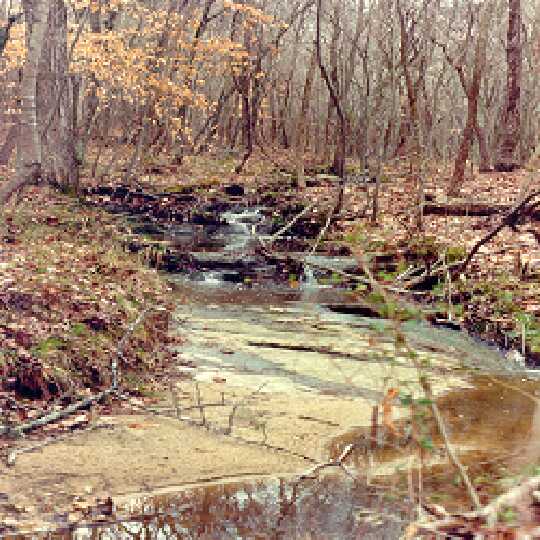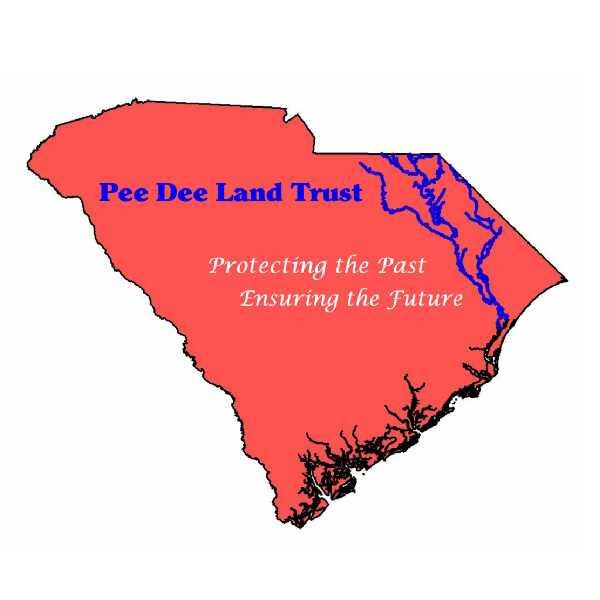Links

|
Pee Dee Land Trust
General Information

What is a Land Trust?
A Land Trust is a local, regional, statewide or national private non-profit organization with the purpose of conserving important lands for public benefit. This is accomplished by working cooperatively with landowners to accept donations of property, buying property or helping establish legal restrictions such as conservation easements.
A Land Trust works to conserve lands with natural, historic, or recreational value. Once a landowner has entered into a conservation program with the Land Trust, the Trust then monitors the easement for compliance with the restrictions and intentions specified by the landowner. Many Trusts can help landowners obtain professional assistance in estate planning, tax laws, and conservation management.
The increase in economic development also puts pressure on traditional land uses. Rising property values can cause landowners to sell their land. Buyers may have other plans for the land that differ from the original owner. Estate taxes can force heirs to sell, subdivide or deplete resources on family lands; lands which provide a link between the past and the present.
The traditional landscapes of farm and forest, wild rivers, and coastal habitats are threatened. We take for granted the outdoor recreational activities associated with these landscapes-hunting, fishing, canoeing, hiking and bird watching-and the quality of life that goes with them.
Landowners have options to protect their way of life, and a Land Trust can help landowners identify and evaluate those options. Solutions can be customized to the needs and preferences of the owner, so that the beauty, character and traditional use of the land remains.
What Options are Available?
There are many options that can meet the specified needs of the landowner. Most approaches offer income, estate, and property tax relief.
Donation - By gift or by a will.
Conservation Easement - A legal agreement between the landowner and the Land Trust that restricts the use of the property in order to protect its conservation value. The landowner keeps the ownership and use of the property, but donates or sells certain property rights to the trust. Public access to the land is not required.
Limited Development - A strategy by which a portion of a tract of land is developed to finance the conservation of another part of the property.
Reserved Life Estate - A land donation where the landowner or other persons continue to live on and use the property.
Income Producing Land Donations - Establishes a charitable gift annuity or a charitable remainder fixed trust.

LANDOWNER BENEFITS
Qualified easements and donations benefit the landowner because they are treated as charitable gifts by the IRS. This can result in a tax deduction of up to 30% of the donor's adjusted gross income. Higher value easements and donations may carry over into subsequent years. Estate and property taxes are sometimes lowered, so future generations can keep family lands.
Perhaps most important of all, protecting the
family lands through a land trust ensures that a family legacy is kept intact.
What is the value of the pleasure and contentment a family derives over the years from their land? Who can put a price on the peace of mind for parents when they know that their children can enjoy their land just as they did?
Ultimately, the landowner determines the uses allowable on the property. Future generations can enjoy the land in ways that the landowner sees fit.


|
Please email
us with your comments, suggestions, or
questions.
We are a 501(c)(3) Non-Profit Organization
|
Copyright (c) 2000, 2001,2002 Pee Dee Land Trust.
This page was last updated on August 12, 2002
_______________________________________________
Webmaster
|